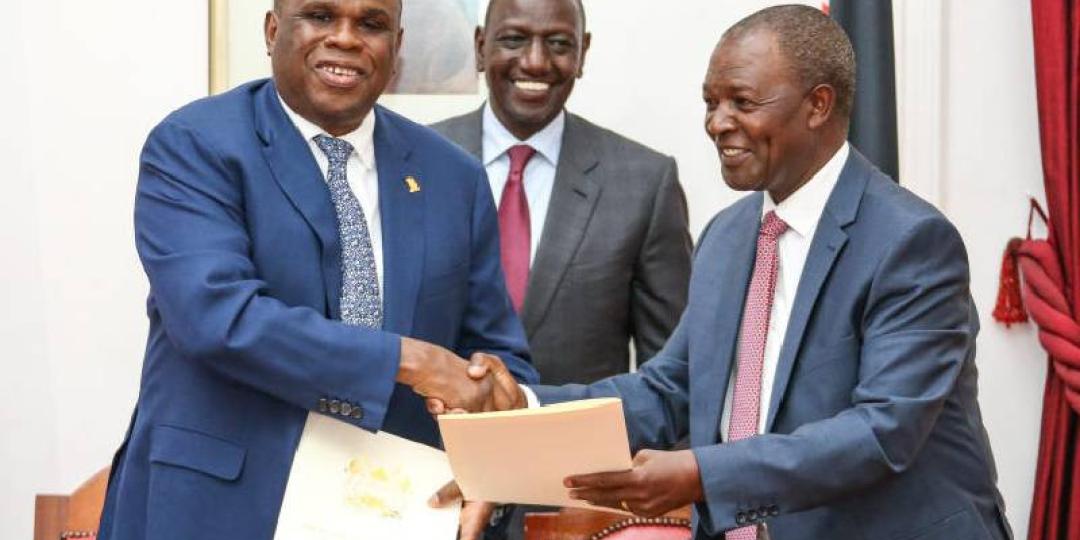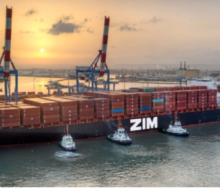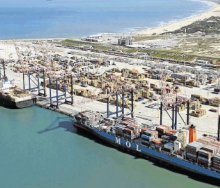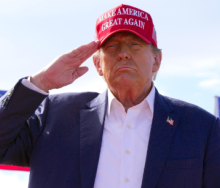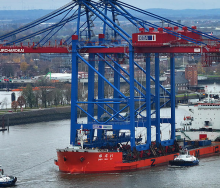Kenyan President Dr William Ruto has called on African leaders to take the initial steps towards abandoning the globally bullish US dollar by signing up for a pan-African payments system to facilitate intra-continental trade.
According to the West African nation’s Business Daily newspaper, Dr Ruto has urged his counterparts in Africa to mobilise central and commercial banks to join the Pan-African Payments and Settlement System (PAPSS *), which was launched in January 2022.
The system for intra-African trade was developed by the African Export-Import Bank (Afreximbank) and the African Continental Free Trade Area (AfCFTA) Secretariat.
The initiative was supported by the African Union and African central banks.
"We are all struggling to make payments for goods and services from one country to another because of differences in currencies. And amid all this, we are all subjected to a dollar environment," Dr Ruto told a forum of government and private sector officials attending a conference on AfCFTA in Nairobi on Monday.
"There has been a mechanism whereby all our traders can trade in the local currency, and we leave it to Afreximbank to settle all the payments.
“We do not have to look for dollars; our businessmen will concentrate on moving goods and services and leave the arduous task of currencies to Afreximbank."
African traders and their local banks use correspondent banks, usually in the US and Europe, to complete payments between two African currencies mostly in dollars, and occasionally the Euro.
Importers such as oil marketers and manufacturers have complained since last year about a significant mismatch in the demand and supply of US dollars, leading them to buy it in batches and at rates significantly higher than the official rate.
For example, the Kenya Association of Manufacturers stated last year that the dollar shortage strained relationships with suppliers at a time when competition for raw materials had intensified due to rising demand amidst persistent supply chain constraints.
The Kenyan currency has faced sustained pressure from the US dollar due to higher demand than supply in a high-inflation environment, causing investors to shift their assets to safe havens.
As a result, the shilling has lost about 12.1% of its value since the beginning of the year, currently exchanging at around 138.33 to the dollar.
This has, in turn, put pressure on prices of key inputs such as fuel and raw materials for factories in a net import economy.
"I suggest that we have a mechanism whereby we can settle all our payments, whether between our countries or externally, using our [local] currencies.
“And we have a mechanism like the one that has been put up by the Afreximbank so that we don't have to be hostage to any one currency," Rutto said.
"Without a single payment platform, payment instructions from one African country to another typically pass through several intermediary financial institutions, leading to increased costs, complications, problems, and unnecessary currency fluctuations, ultimately creating a whole ecosystem of confusion."
Kenya experienced a severe fuel shortage, which the oil marketers largely attributed to delays in releasing cash for fuel subsidies, causing cash flow challenges.
Meanwhile, the government accused the firms of hoarding the commodity.
Earlier this month, Ruto stated that Kenya ran an artificial exchange rate market last year, causing a severe fuel shortage and resulting in rationing of the essential commodity.
"We discovered that there wasn't a fuel [shortage] problem. It was a misdiagnosis. The problem was economic and much more of a dollar problem,” Ruto told a media briefing.
“There was fuel that had arrived, but the oil marketers could not find the dollars to go and buy because the government was maintaining an artificial rate.”
* Read this for context: https://tinyurl.com/42wbvuc2
